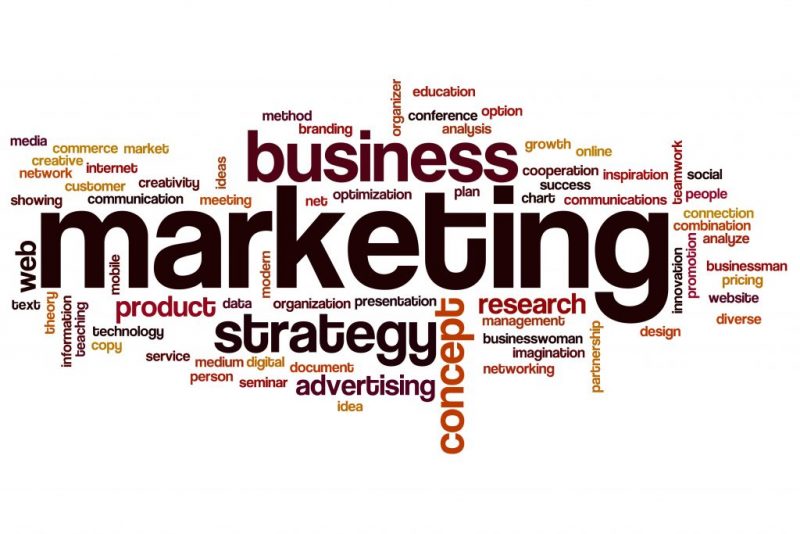
The realm of business marketing is as vast as it is dynamic. Every business, regardless of size or industry, has one common objective: to reach its target market effectively and convert potential customers into loyal clients. In the age of digital transformation, this goal has become more challenging yet filled with countless possibilities.
Business marketing is a delicate balance of art and science, calling for creativity and strategy in equal measure. Whether your business is a multinational corporation or a local start-up, a robust marketing strategy can act as a powerful catalyst for growth, propelling your brand forward in an increasingly competitive market landscape.
Decoding the Audience
The most successful marketing campaigns are built upon a deep understanding of the target audience. To create a compelling marketing message, it’s essential to know your customers’ needs, wants, and motivations. Effective market research can provide invaluable insights into customer behavior, helping you to tailor your marketing efforts accordingly.
Segmenting your audience can also streamline your marketing strategy. This involves dividing your market into distinct groups based on characteristics such as age, income, or buying habits. By understanding these segments, you can deliver personalized messages that resonate more deeply with your audience.
Finally, empathizing with your customers is key. When you understand their challenges and aspirations, you can position your product or service as the solution they need.
Crafting a Compelling Message
Once you understand your audience, the next step is crafting a compelling marketing message. This should articulate the unique value proposition of your product or service, and how it can solve a problem or fulfill a desire for your customers.
Your marketing message should be clear, concise, and focused. Avoid jargon and keep the language simple. Remember, the aim is to communicate, not to confuse. Using storytelling techniques can also make your message more engaging, relatable, and memorable.
A consistent message across all marketing channels helps in building a strong brand identity. Whether it’s your website, social media, or email marketing, consistency in messaging fosters trust and establishes your brand’s credibility.
Leveraging the Power of Digital Marketing
In today’s digital era, online platforms offer unprecedented opportunities for businesses to reach and engage with their audience. From social media marketing to search engine optimization, digital marketing tools can dramatically enhance your brand’s visibility and engagement.
Social media platforms, such as Facebook, Instagram, and Twitter, allow businesses to interact directly with their audience. They provide a platform to share updates, gather feedback, and build a community around your brand.
Search engine optimization (SEO) increases your website’s visibility in search engine results, driving more organic traffic to your site. Pay-per-click (PPC) advertising, on the other hand, offers a way to reach a specific audience with targeted ads, while content marketing attracts and retains customers by providing valuable, relevant content.

The Ongoing Journey of Business Marketing
Business marketing is a continual process of learning, adapting, and evolving. It’s about staying attuned to market trends, understanding evolving customer needs, and being agile enough to pivot your strategy when necessary. As technology advances and customer behavior shifts, businesses must remain flexible and open to change.
Remember, the goal of marketing is not just to sell products or services, but to create value for your customers. By understanding your audience, crafting compelling messages, and leveraging the right marketing tools, you can build strong relationships with your customers and drive sustainable business growth.
In conclusion, business marketing is more than just a business function; it’s a fundamental aspect of your business’s identity. A thoughtful, strategic approach to marketing can transform your business and set it on the path to long-term success.
